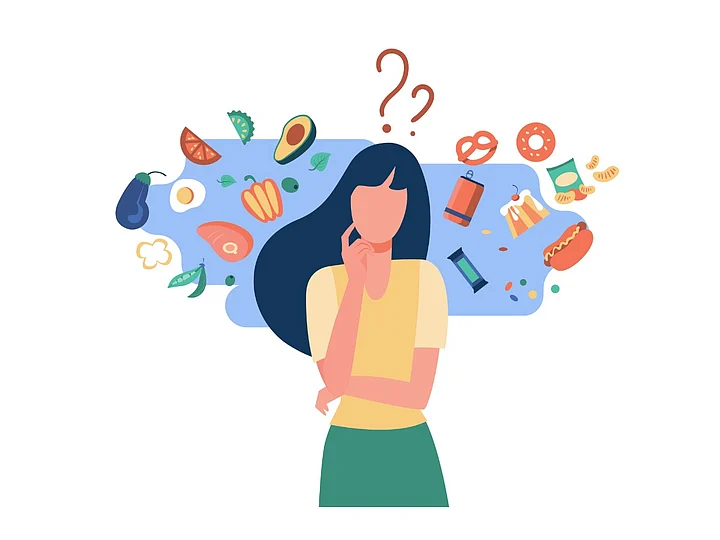Healthy living and eating are part of the modern lifestyle; people have become more conscious about their health, the foods they eat, and the kind of life they want to lead. These aspirations have made them switch to 'healthy' food options.
But are the foods sold under the 'low calories' and 'healthy snacks' tag really healthy and safe to consume? Tags like low carb, no gluten, sugar-free, and vegan aren't always the healthiest options.
In this article, we shall uncover the truth behind these labels and understand why these so-called healthy foods are not worth the hype or as beneficial as they claim to be.
Granola Bars
All of us must have picked up a few granola bars from the store in an attempt to eat healthily, only to enjoy them and wonder how something healthy can be this tasty.
According to FDA, though these granola bars contain fiber and protein and are known to curb cravings, fewer people are aware of their true ingredients. Granola bars sold in the market contain an equal amount of sugar, calories, and carbs as candies.
According to the US NIH, they increase the risk of chronic diseases like diabetes, cardiovascular diseases, strokes, and obesity. Artificial sweeteners may also hinder your digestion and gut health.
Protein Shakes and Bars
People who want to lose weight or build muscle are often under the impression that protein is a healthier option. According to the doctors of Mayo Clinic, protein shakes and bars are high in calories and will eventually cause weight to regain once you stop consuming them.
According to PubMed Central, these protein powder shakes and bars are not as healthy as protein-rich foods like tofu, eggs, lentils, chicken, almonds, etc. These shakes and bars contain artificial colors, sweeteners, and thickeners, which are extremely harmful to your health.
Cereals
We all think that cereals are a healthy, easy, and quick start to the day. It is all that, but healthy, because these cereals are low in nutrition, fiber, and protein and are filled with sugars and refined grains.
According to PubMed Central, cereals can cause high blood pressure, high triglycerides levels, and other heart-related diseases.
Flavored Yogurts
According to the doctors of Cleveland Clinic, plain yogurt is the best choice if you want to enjoy the benefits of yogurt; flavored yogurt, even the ones claiming to have real fruit extracts, is junk food in disguise. Those yogurts may contain more sugar than the Required Daily Intake (RDI).
In order to make sure you choose the right yogurt, doctors suggest pickup Greek yogurt, which has higher protein content, and traditional yogurt which is extremely nutritious, and creamier whole milk yogurt would be suitable for toddlers or growing children.
Low-Fat Products
According to Healthline, low-fat products are not a healthier option because the fat loss and the taste degradation are replaced with high levels of sugar.
Moreover, you might end up eating more such products due to their low-fat levels because fat promotes the feeling of fullness, curbs the appetite, and makes it more enjoyable to eat (PubMed Central).
Diet Soda
According to Healthline, diet soda contains carbonated water, artificial sweeteners (up to 13000 times sweeter than sugar), citric, malic, and phosphoric acid, artificial flavors, colors, and caffeine.
According to US NIH, these drinks increase the risk of diabetes by 21%, high blood pressure by 9%, and overall risk of stroke and obesity. The phosphorus content and acid may damage the kidneys and also increase the chances of childhood obesity and preterm birth.
(At The Quint, we question everything. Play an active role in shaping our journalism by becoming a member today.)
